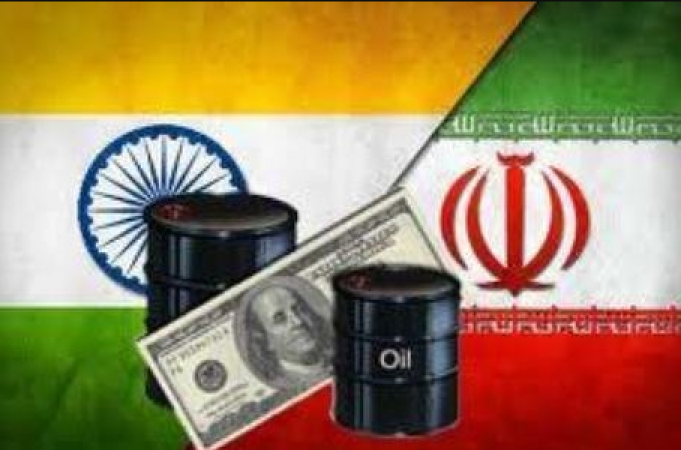
New Delhi: Iran and India are actually interested in oil trade, as both countries are significant players in the global energy market. Iran has vast oil reserves and has historically been a major exporter of crude oil, while India is one of the world's largest importers of oil.
However, there could be certain factors that may impact the oil trade between Iran and India. These factors include geopolitical tensions, international sanctions, and economic considerations.
For instance, Iran has faced various economic sanctions imposed by the international community, including restrictions on its oil exports, due to concerns over its nuclear program and regional activities. These sanctions have limited Iran's ability to engage in unrestricted oil trade with countries like India.
Also Read: Asian stocks rise after Wall Street on expectations for a US debt deal
Moreover, India, like other countries, may diversify its energy sources and reduce its dependence on oil imports from a single country. India has been actively pursuing alternative energy sources and diversifying its oil suppliers to ensure energy security and reduce vulnerability to geopolitical risks.
While both Iran and India maintain an interest in oil trade, the dynamics of international relations and changing energy landscapes can influence their engagement in this sector.
percentage of Oil trade of Iran and India before covid
Before the COVID-19 pandemic, Iran and India had a significant amount of oil trade. At that time, Iran was one of the largest suppliers of crude oil to India. Prior to the imposition of sanctions on Iran, India used to import a substantial portion of its oil requirements from Iran. In fact, Iran was India's third-largest oil supplier before the sanctions came into effect.
Also Read: India internet retailing to reach USD 60-bn GMV by 2020
The exact percentage of oil trade between Iran and India before COVID-19 is not readily available, but it is worth noting that Iran's share in India's oil imports varied over time. In recent years, it ranged between 8% to 12% of India's total oil imports.
It is important to mention that the COVID-19 pandemic has had a significant impact on global oil demand and trade patterns. The pandemic led to a decrease in oil consumption and disrupted global supply chains, resulting in fluctuations in oil trade between countries, including Iran and India.
In the past, India and Iran have entered into long-term agreements for oil trade, usually spanning several years. These agreements outline the volume of oil to be supplied by Iran to India and the duration of the contract. The specific timing of these agreements can vary, but they generally cover a period of three to five years.
Also Read: Sterling continues to decline following Bailey's speech
It is important to note that the timing and duration of oil trade agreements can be influenced by various factors, including changes in market conditions, political developments, and international sanctions. These factors can lead to adjustments or disruptions in the timing of oil trade between India and Iran.